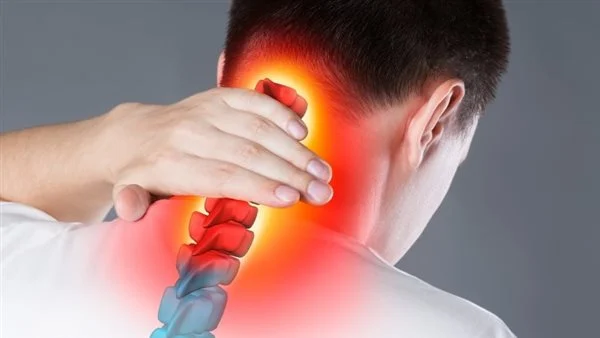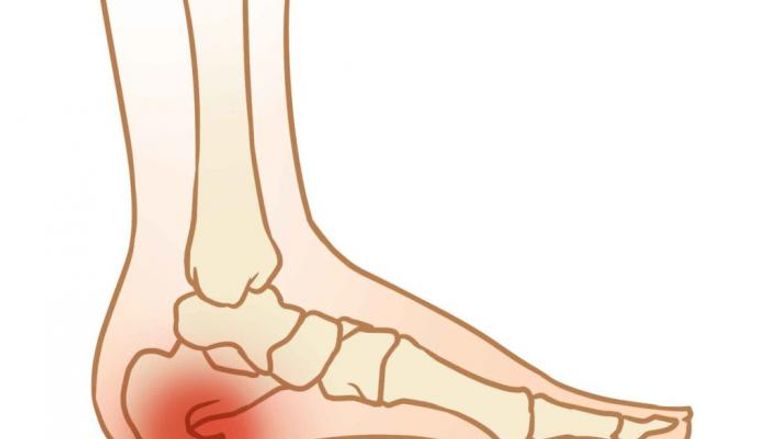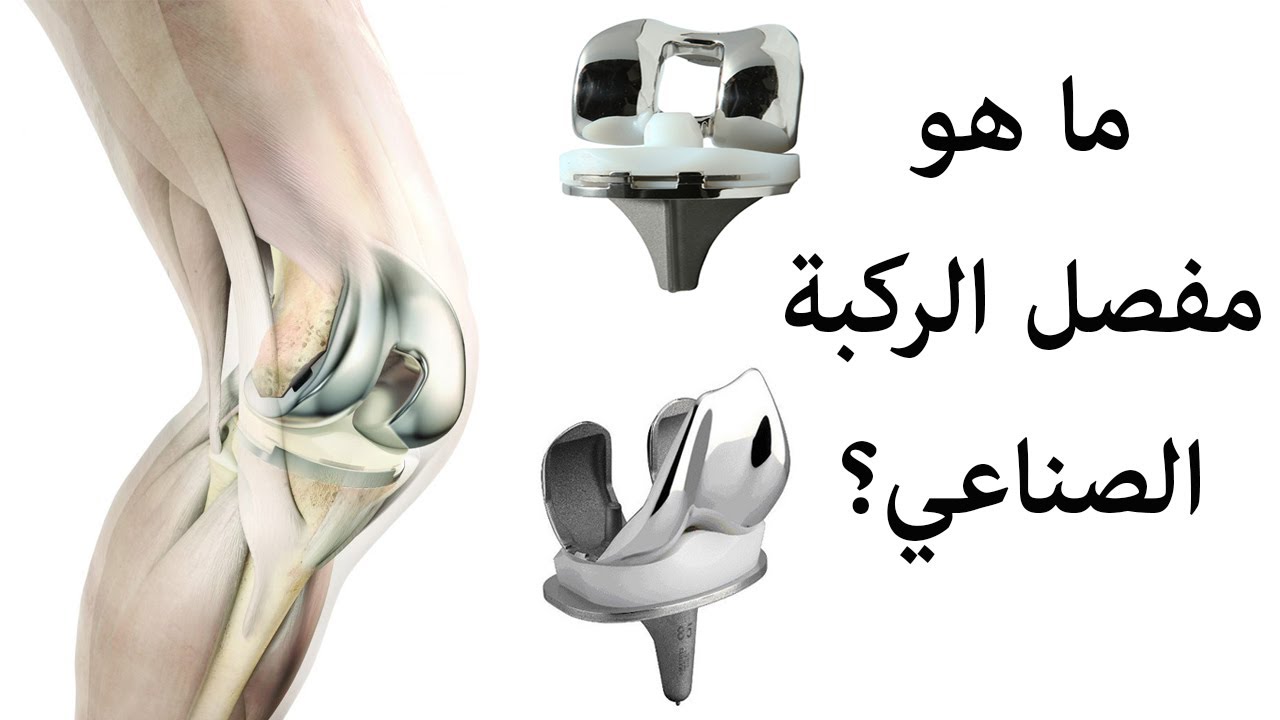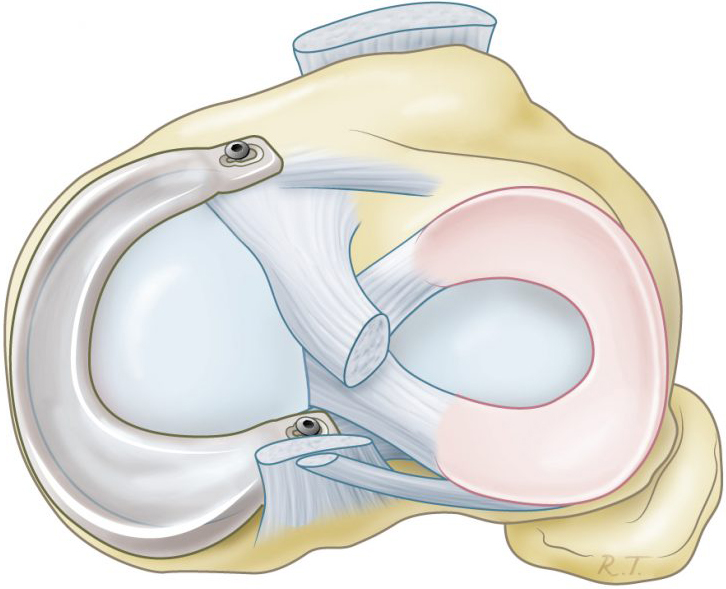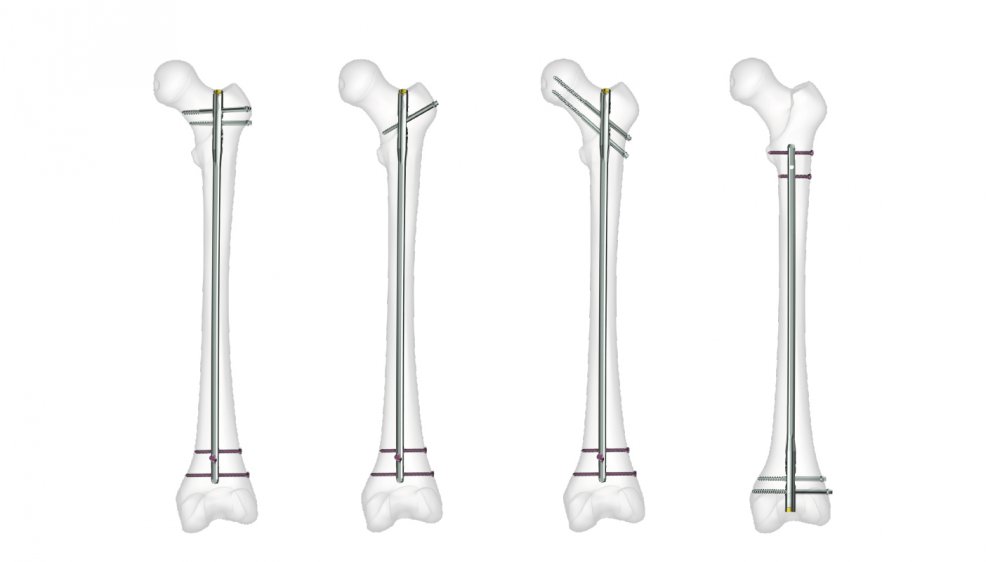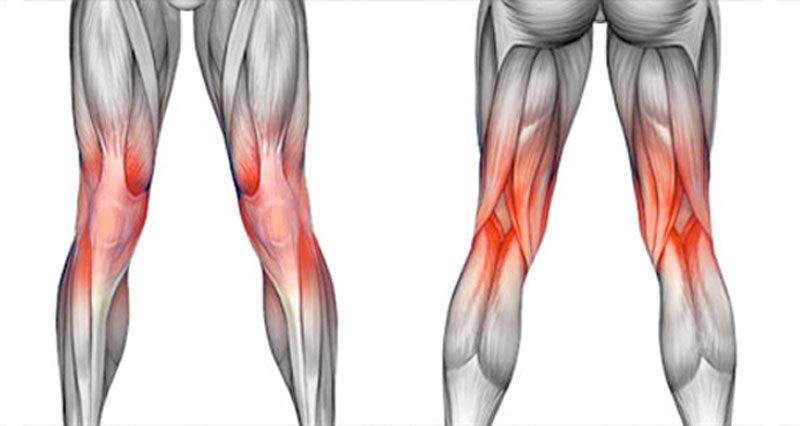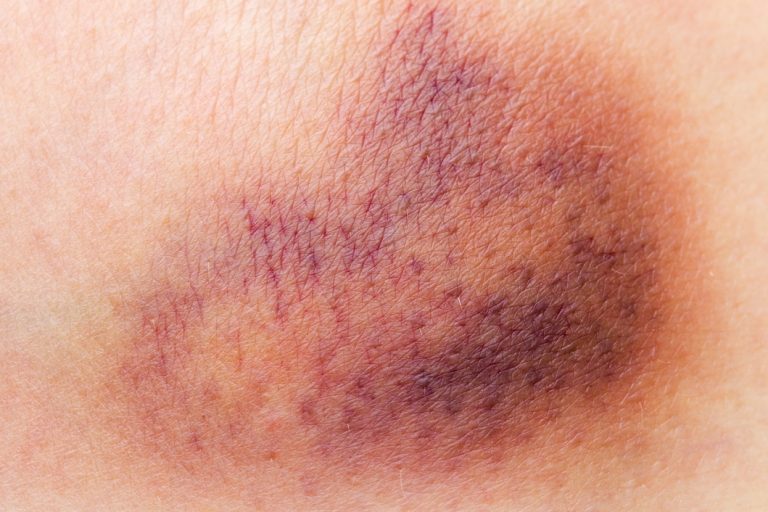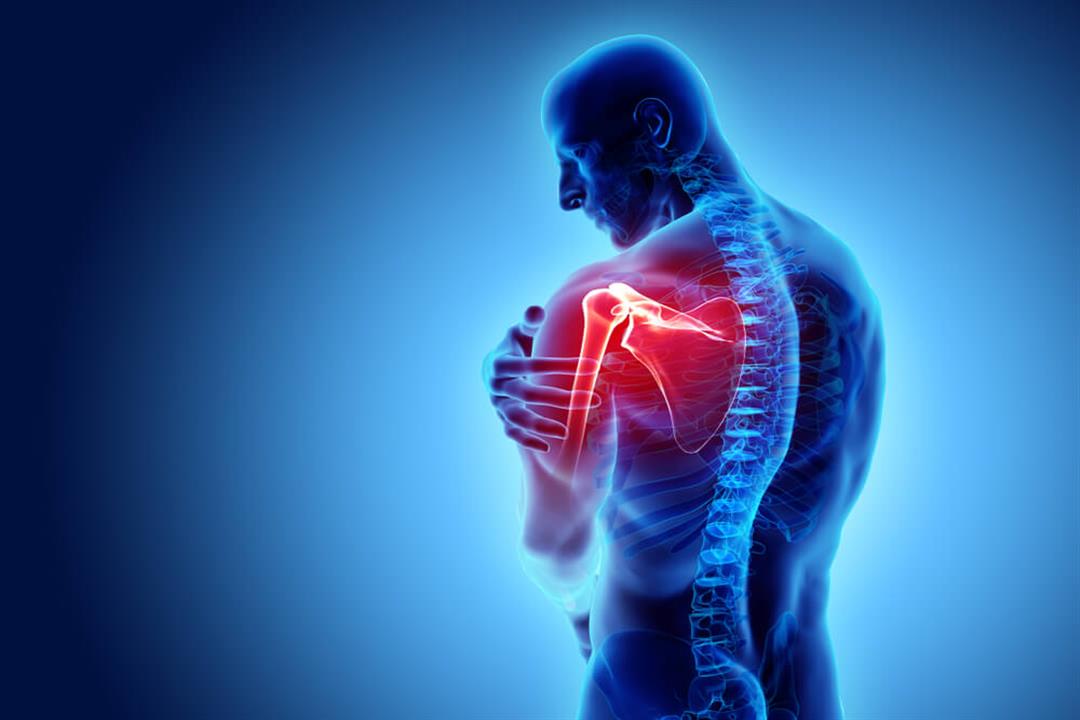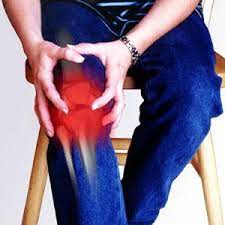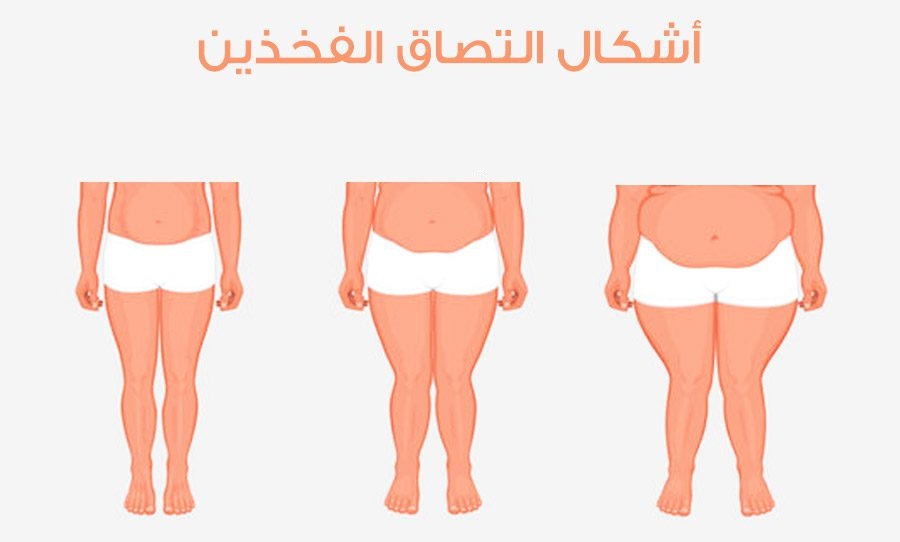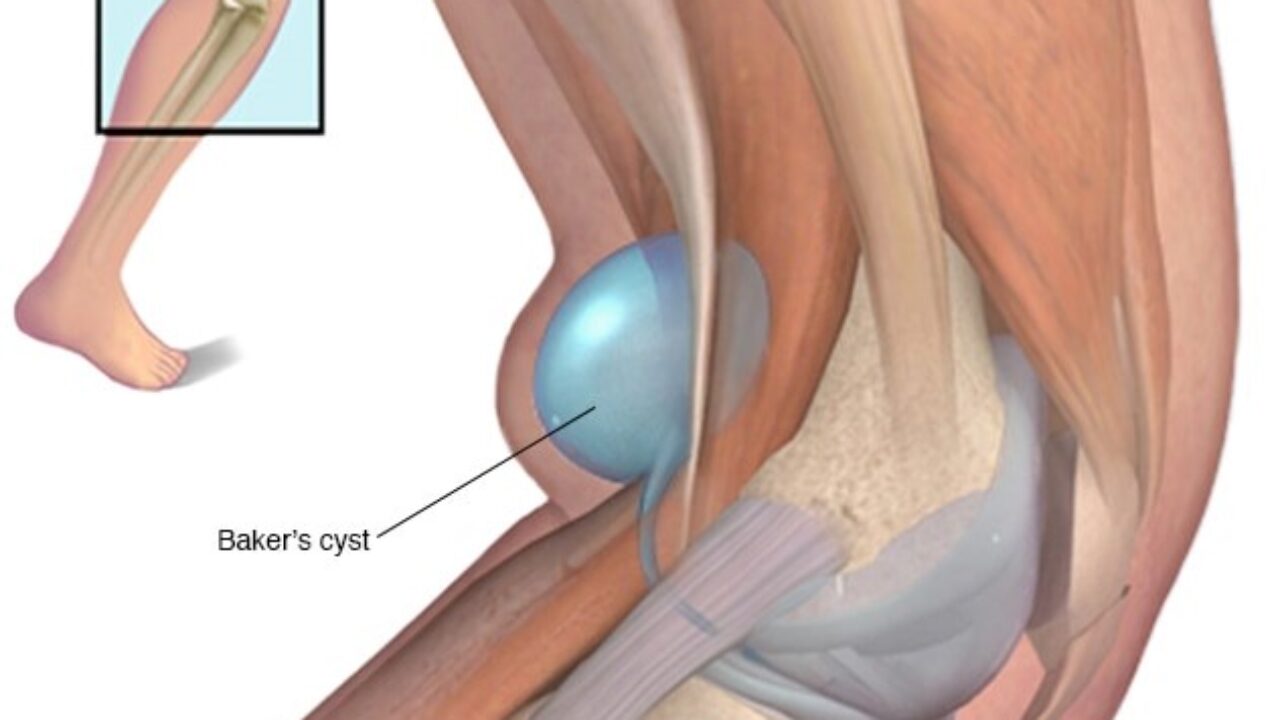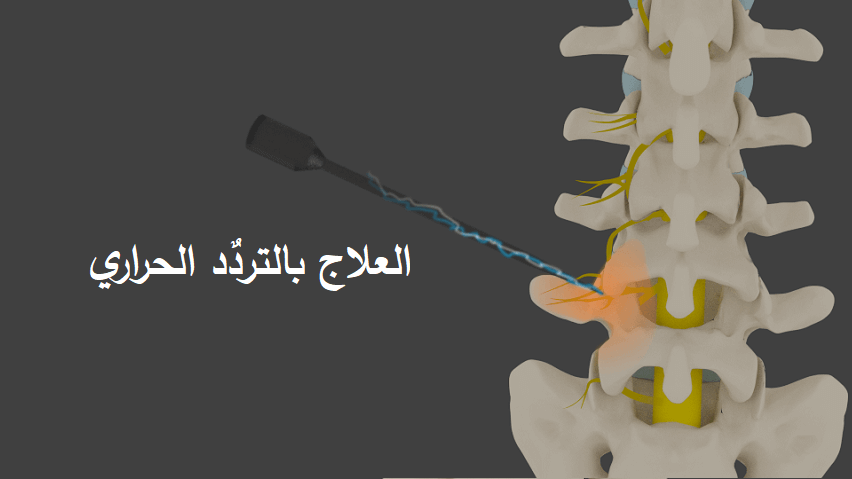What You Need to Know About Neck Pain, Its Symptoms, and Treatment
Cervical Spine Pain
The cervical spine consists of a set of vertebrae in the human spine located in the upper part of the back and neck. The cervical spine typically consists of seven vertebrae and is an essential part of the body that helps support the human head and enables its movement. The cervical vertebrae are located between the skull and the upper back and play a crucial role in supporting and facilitating the movement of the neck and head. The cervical processes and the spinal discs that separate the vertebrae are part of this complex skeletal system.
Pain in the cervical spine can result from various causes and should be taken seriously. Some causes may include muscular tension, which can lead to muscle tension and stiffness in the neck area, and cervical disc herniation, which can occur when a disc slips between the vertebrae and compresses the surrounding nerves.
In addition to arthritis and improper neck curvature, which can cause pressure on the nerves and surrounding tissues, injuries resulting from car accidents, sports, or falls can also cause cervical spine pain. Nerve impingement in the neck, leading to pain and numbness in the arms and hands, can be another cause, and some conditions such as sciatica and multiple sclerosis can affect the cervical vertebrae.
If you are experiencing cervical spine pain, it is essential to consult a specialist in spinal care or a general physician for a proper evaluation and appropriate treatment. Ignoring pain in this area should not be done, as it may be a sign of a severe problem requiring immediate medical attention.
What are the Symptoms of Cervical Spine Pain?
What are the symptoms of cervical spine pain? Many people suffer from neck pain and symptoms that may indicate inflammation of the cervical vertebrae. Here is a list of some of these symptoms:
- Neck Pain: One of the prominent symptoms of cervical spine inflammation, patients often describe this pain as chronic and continuous in the neck area.
- Headache: Patients experience moderate to severe pain in the lower part of the head, which can affect their daily lives.
- Expanding Pain Range: Those with inflammation in their cervical vertebrae often complain of pain that extends to the shoulder muscles and nerves.
- Long-lasting: Some patients with cervical spine inflammation have continuous pain that lasts for several months.
- Increased Pain Severity at Night: Patients may notice that the pain becomes more severe during nighttime periods.
- Elevated Temperature: In some cases, patients may feel an increase in their body temperature, which is considered a sign of inflammation.
If you have these symptoms or suspect you have cervical spine inflammation, it is advisable to consult a specialist doctor for a proper diagnosis and assistance in developing an appropriate treatment plan. You may be advised to take pain-relieving medications or undergo therapeutic techniques such as medical exercises or steroid injections. In severe cases, patients may require surgery to relieve nerve compression and alleviate symptoms.
How to Get Rid of Neck Spine Pain?
Neck spine pain is a common problem faced by many people. This pain can be bothersome and restrict head and neck movement, affecting your daily quality of life. Fortunately, there are some measures that can help alleviate neck spine pain and improve your condition. Here are six tips for overcoming neck spine pain:
- Strengthen Neck Muscle Exercises: Weakening neck muscles may be one of the causes of neck spine pain. Therefore, it is recommended to perform exercises that target strengthening this area, such as tilting your head up and down and gently rotating your neck from side to side.
- Avoid Prolonged Sitting: Sitting for long periods without changing your neck position is a common cause of neck spine pain. Try to change your sitting posture regularly and perform stretching and relaxation exercises during long sitting periods.
- Adjust Desk and Computer Height: Incorrect desk and computer screen height may lead to improper neck positioning, causing muscle tension and pain. Try to adjust your desk and screen height to maintain proper spinal alignment.
- Apply Heat: Using heat can help reduce neck spine pain and ease muscle tension. You can take a warm bath or apply hot packs to the painful neck area. Be sure to adjust the temperature carefully to avoid skin burns.
- Practice Yoga or Meditation: These calming and centering techniques are effective in relieving chronic neck spine pain. Meditation and deep breathing exercises may help calm neck muscles and reduce tension.
- Consult a Doctor: If neck spine pain persists or worsens in severity, it is advisable to consult a specialist in physical therapy or rehabilitation medicine. Doctors often use common techniques such as manual therapy and physical therapy sessions to provide relief from neck spine pain.
In general, neck spine pain can be alleviated by following the mentioned home guidelines. If the pain persists or worsens, it is recommended to visit a specialist doctor for a more accurate diagnosis and an appropriate treatment plan.
What Does Neck Pain Indicate?
Some causes of neck pain can be understood as follows:
- Cervical Disc Herniation: Occurs when the disc’s cartilage between neck vertebrae tears and part of its gel-like substance protrudes, causing pressure on nerves and pain.
- Spinal Stenosis with Radicular Compression: Compression of the nerve roots in the cervical region may lead to neck pain that radiates into the arms.
- Radiculopathy: Occurs when the spinal nerve root is compressed or injured, resulting in pain in the neck and arms.
- Cervical Spine Degeneration: A source of neck pain, especially in older adults or those who misuse their necks, where damage and degeneration occur between cervical vertebrae.
- Other Injuries and Conditions: Neck pain may indicate bone or muscle injuries, arthritis, or disorders of the cervical spine. Consulting a specialist in these issues may be necessary to accurately determine the cause of the pain.
When Is Neck Pain from Behind Serious?
Neck pain from behind can be a symptom of various conditions, some of which can be serious and require immediate medical attention. In this article, we will discuss some cases that may cause neck pain from behind and necessitate special care and attention.
- Spinal Injury: Neck pain may result from an injury to one of the vertebrae in the spine. A severe collision or a fall in the neck area can lead to sharp and intense pain.
- Disc Herniation: Disc herniation or severe disc bulging can cause nerve injuries. This condition puts pressure on the nerves, leading to sharp pain and numbness in the neck and surrounding areas.
- Lymph Node Inflammation: If there are inflamed lymph nodes in the neck, you may experience severe pain from the back. The pain may be accompanied by warmth and swelling in the lymph node clusters.
- Inflammation of Neck Muscles and Tendons: Injury or inflammation of the neck muscles and tendons can cause pain from the back. The affected person may have difficulty moving their head or experience abnormal head turns.
- Bone Fractures or Bone Fragments: Neck pain may result from fractures or bone fragments in this area. This condition may require X-rays for proper diagnosis.
If you experience sharp and continuous neck pain from the back, it is advisable to consult a doctor to determine the potential cause and receive appropriate treatment. The doctor can make a proper diagnosis, either through patients’ medical history or by using diagnostic tests such as MRI or X-rays.
Do not ignore neck pain from the back, even if it is mild, as there may be a more significant and serious issue underlying it. Make sure to seek thorough documentation and evaluation of this matter.
Does Neck Spine Pain Cause Dizziness and Imbalance?
Neck spine pain is a common health problem that many people may experience. One recurring question in this context is whether this issue causes dizziness and imbalance. In this article, we will provide some information on this topic.
Relationship Between Neck Spine Pain, Dizziness, and Imbalance:
Some individuals may experience neck spine pain along with dizziness, where one symptom may be more prominent and bothersome than the other. Various reasons can contribute to this combination, whether they are non-concerning or require medical intervention.
One common cause of dizziness related to neck problems is sudden neck tension resulting from car accidents or other collisions. Neck cracking and imbalance:
Some individuals habitually crack their necks and may wonder if this habit is unhealthy and harmful. Individuals who frequently crack their necks may develop wear and inflammation, which can put pressure on nerve roots and blood vessels, leading to occasional dizziness, along with headaches and neck pain.
Other Causes of Independent Dizziness from Neck Pain:
In some cases, dizziness can occur independently of neck pain. For example, inner ear inflammation can cause neck pain, dizziness, and imbalance, especially with head movement.
Matters That Require Attention:
Some other conditions where the coexistence of these symptoms is considered serious, such as vertebral artery dissection.
Can Psychological Stress Cause Neck Pain?
Neck Pain Due to Stress and Anxiety:
Many people experience neck pain when under psychological stress and anxiety. This is attributed to muscle congestion or tension in the neck area due to mental and emotional stress.
Symptoms of Neck Pain Associated with Psychological Stress:
Neck pain may extend to the shoulder area and can lead to headache attacks. You may experience chronic pain in a localized neck area or feel pain in different parts of your neck.
Physical Effects of Psychological Stress on Muscles:
When a person is mentally stressed, there is an increased release of adrenaline and increased muscle tension, leading to muscle contraction and tension. Muscle tension in the neck area can be one of the potential outcomes of psychological stress.
The Relationship Between Neck Pain and Cervical Dystonia:
Cervical dystonia is a painful condition witnessed by some people, where neck muscles contract involuntarily. This can be particularly associated with individuals under psychological stress or tension.
Treatment of Neck Pain Associated with Psychological Stress: Most individuals experiencing this issue typically respond well to treatments that alleviate stress and psychological pressure, such as meditation practices, relaxation techniques, and self-measures to reduce tension. Doctors may recommend some calming medications to alleviate the problem.
Consultation with Doctors: It is important to consult a physician if you suffer from chronic neck pain attributed to psychological stress and anxiety. Doctors can diagnose your condition and establish an appropriate treatment plan to alleviate the symptoms.
What Causes Neck Pain from the Back?
Neck pain is a common problem that many people face in their daily lives. There can be several reasons leading to pain in the neck from the back. In this article, we will present some of these causes and explain how to deal with them.
Rheumatoid Arthritis: Rheumatoid arthritis may cause pain in the neck, affecting the joints and tissues in this area.
Meningitis: Meningitis is considered one of the causes of neck pain, as inflammation of the meninges and nerve roots can result in discomfort.
Degeneration: As one ages, the degeneration of neck joints may occur, leading to pain. This degeneration can cause the formation of bone spurs that can affect joint movement and cause annoying pain.
Injuries and Accidents: Car accidents are a common cause of neck pain from the back. When the body is pushed backward and then forward, it can strain neck tissues and cause severe pain.
Improper Postures: Using improper postures for your body, such as sitting for extended periods in front of a computer or using a phone, can be a major cause of neck pain. Maintain proper body posture during movement and sitting.
Arthritis and Tumors: Arthritis and certain types of tumors can cause neck pain. The list of diseases causing neck pain, in addition to life conditions such as stress and anxiety, may increase the appearance of these symptoms.
Muscle Tension: Muscle tension is one of the causes of neck pain from the back. It may result from prolonged sitting in an incorrect position or due to straining the neck muscles.
If you experience ongoing neck pain, it is advisable to consult a physician for proper diagnosis and appropriate treatment.
How to Get Rid of Neck Muscle Tension?
Chronic muscle tension in the neck and shoulder area can be bothersome and painful, often requiring proper treatment to alleviate symptoms and improve quality of life. Here are some steps you can take to get rid of neck muscle tension:
- Use Hot and Cold Compresses: It is recommended to use a cold pack for 15 minutes followed by a hot pack for 15 minutes. These temperature changes can help relieve muscle tension and reduce pain.
- Practice Stretching and Massage: Before performing any exercises, consult your healthcare provider to ensure they are safe. Stand in front of a mirror and place your arms forward, holding the position for about 15 seconds. Stand straight in front of a surface and place your hands on it, then bend over to massage the neck muscles.
- Stress Reduction: Manage your time effectively to allow for relaxation through activities like meditation. It is recommended to engage in relaxation exercises to relieve tension on a daily basis.
- Consult a Doctor: If neck muscle tension symptoms persist and worsen, consult a doctor for a thorough examination and an accurate diagnosis.
- Avoid Inflammatory Factors: Maintain good head posture to avoid straining your neck and shoulders. Regularly engage in physical fitness and focus on strengthening the neck and shoulder muscles.
- Consult a Physical Therapist: A physical therapist can provide individualized guidance for rehabilitation exercises to help alleviate neck muscle pain and tension.
It’s important to follow these steps and consult a healthcare professional for proper evaluation and guidance if you experience chronic neck muscle tension.
How Long Does Neck Muscle Tension Last?
Neck muscle tension is a common condition that often occurs due to sudden and unusual movements of the affected muscles, typically accompanied by severe pain. The duration of neck muscle tension varies depending on the severity of the injury and its interaction with other factors.
On average, recovery from neck muscle tension can take from one to three months. It’s important to follow the following instructions to alleviate your pain and gradually improve:
- Avoid Straining Neck Movement: Reduce neck movement until your condition stabilizes.
- Use Cold Compresses: Apply ice packs to the affected area for 15 minutes, repeated every two hours for the first three days following the injury.
- Maintain Proper Sleeping Position: Use a neck pillow and another pillow under your knees when sleeping on your back to reduce muscle tension.
- Consider Medical Support: Doctors may recommend using medical collars during the initial days of the injury to reduce the risk of straining neck muscle fibers.
If your condition is severe or if you experience unbearable pain, your doctor may prescribe pain relievers and muscle relaxants. If your symptoms persist or worsen, it’s essential to consult your doctor again.
If there are signs of health deterioration such as severe headaches, the appearance of purple bruises on the skin, or numbness or weakness in your arms or hands, you should consult a doctor immediately for evaluation and appropriate treatment.
Regardless of the severity of your condition, recovery indicators from neck muscle tension can be very subtle. Pain gradually subsides, and your neck’s movement returns to normal unless there is a worsening or a change in your condition. Therefore, it’s essential not to ignore any health deterioration and seek proper assessment by a specialist.
What Causes Neck Vertebrae Compression?
Neck vertebrae compression is a common issue that many people face and can have a significant impact on their health and quality of life. In this article, we will take a look at some of the causes of neck vertebrae compression and its effects.
Aging: Aging is considered one of the primary factors leading to cervical spine compression, with the likelihood of this compression increasing as one gets older. Generally, individuals over the age of 50 are more susceptible to this problem.
Inflammation and Injuries: Inflammation and injuries to the cervical vertebrae are among the leading causes of cervical spine compression. These inflammations and injuries can result from accidents or strenuous physical activity. Such conditions lead to swelling of tissues and spinal column spasms, resulting in pressure on the nearby nerves.
Poor Neck Posture Control: Cervical spine compression can occur due to poor neck posture control. This is associated with improper habits such as prolonged sitting in front of a computer or bending the neck incorrectly while walking or sitting. These behaviors can cause muscle tension and stress on the neck muscles and vertebrae, increasing the likelihood of nerve compression.
Structural Abnormalities in Cervical Vertebrae: Structural abnormalities in the cervical vertebrae are another cause of cervical spine compression. There may be an abnormal alignment of the spinal column, leading to the compression of adjacent nerves.
Tumors: The presence of an internal tumor within the spinal column can cause pressure on the nerves. This may result from the formation of benign or malignant tumors near the vertebrae, leading to nerve compression and irritation.
These causes lead to cervical spine compression on the nerves, resulting in symptoms such as pain, numbness in the arms and hands, and loss of control over walking. It is important to have your condition diagnosed by a healthcare professional to determine the cause of your cervical spine compression and receive appropriate treatment.
